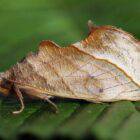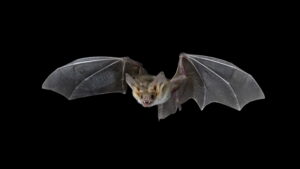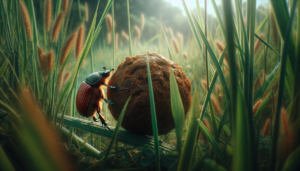What if we completely eradicate mosquitoes?
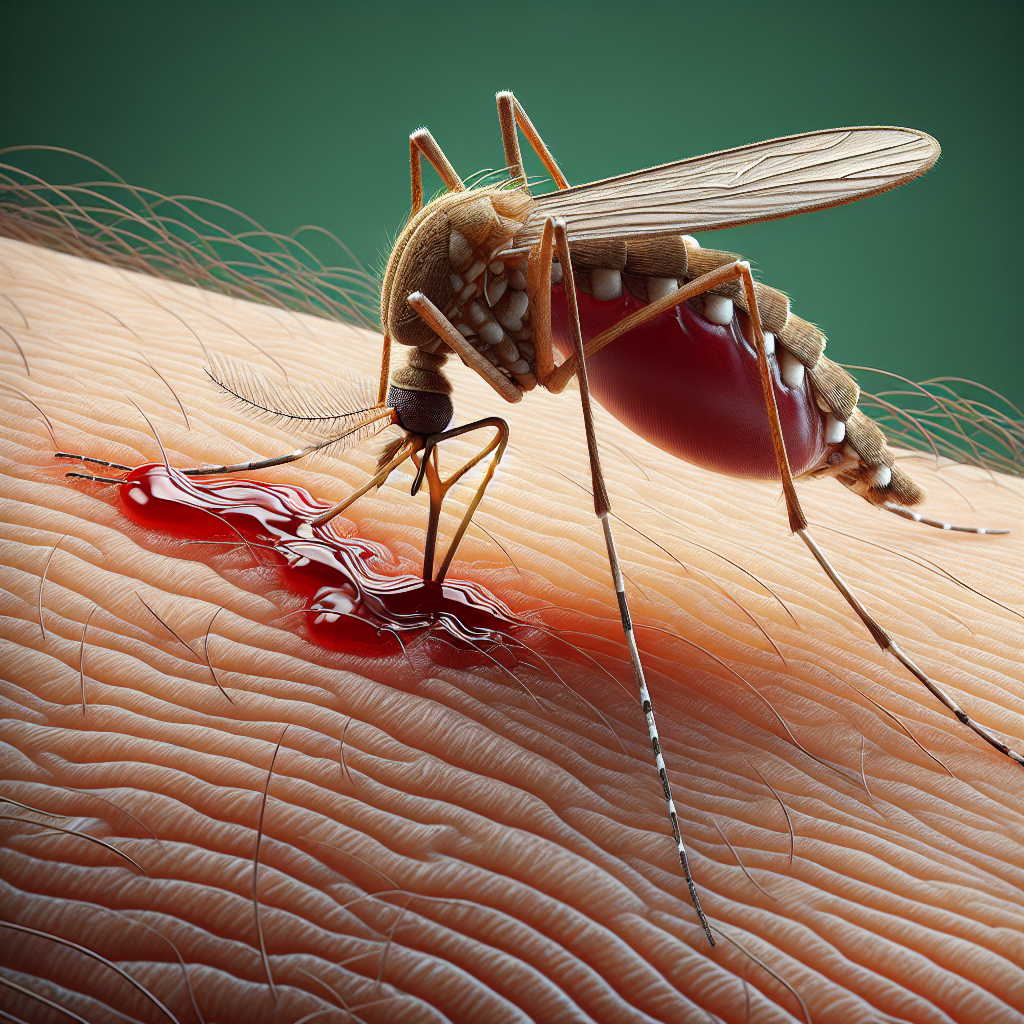
You’re lounging in your backyard on a warm summer evening, enjoying a refreshing breeze and the tranquility of nature. Suddenly, a high-pitched whine disrupts the peace, followed by an unwelcome guest landing on your arm—yes, it’s the notorious mosquito, ready to make a meal out of your blood and leave behind an itchy reminder of its visit.
Let’s face it: humans and mosquitoes have never been the best of friends. In fact, if there were an award for the most disliked creature on the planet, mosquitoes would undoubtedly be strong contenders for the title.
These tiny terrors also have a knack for spreading a host of nasty diseases, from malaria to dengue fever, earning them a top spot on the hit list of public health enemies. So, it’s no wonder that the mere mention of mosquitoes is enough to send shivers down the spines of even the bravest souls.
What if we completely eradicatte mosquitoes? Let’s try to understand the potential consequences of bidding farewell to these bloodsuckers, exploring both the benefits and the drawbacks of a world without mosquitoes.
Why We Should Eradicate Mosquitoes
Malaria, perhaps one of the most well-known mosquito-borne illnesses, is caused by Plasmodium parasites transmitted through the bites of infected female Anopheles mosquitoes. This disease packs a punch, with symptoms like fever, headache, and chills that can leave you feeling downright miserable. In severe cases, malaria can even be fatal, posing a significant threat to public health worldwide.
Dengue Fever
But malaria isn’t the only disease on mosquitoes’ transmission menu. Dengue fever, caused by the dengue virus, is another major player in the mosquito-borne disease arena. Symptoms typically rear their ugly heads three to fourteen days after infection, bringing along fever, rash, nausea, and aches and pains that can make even the toughest among us want to curl up in bed for a week. For some unlucky individuals, dengue fever can escalate into severe complications, including internal bleeding, shock, and yes, even death.
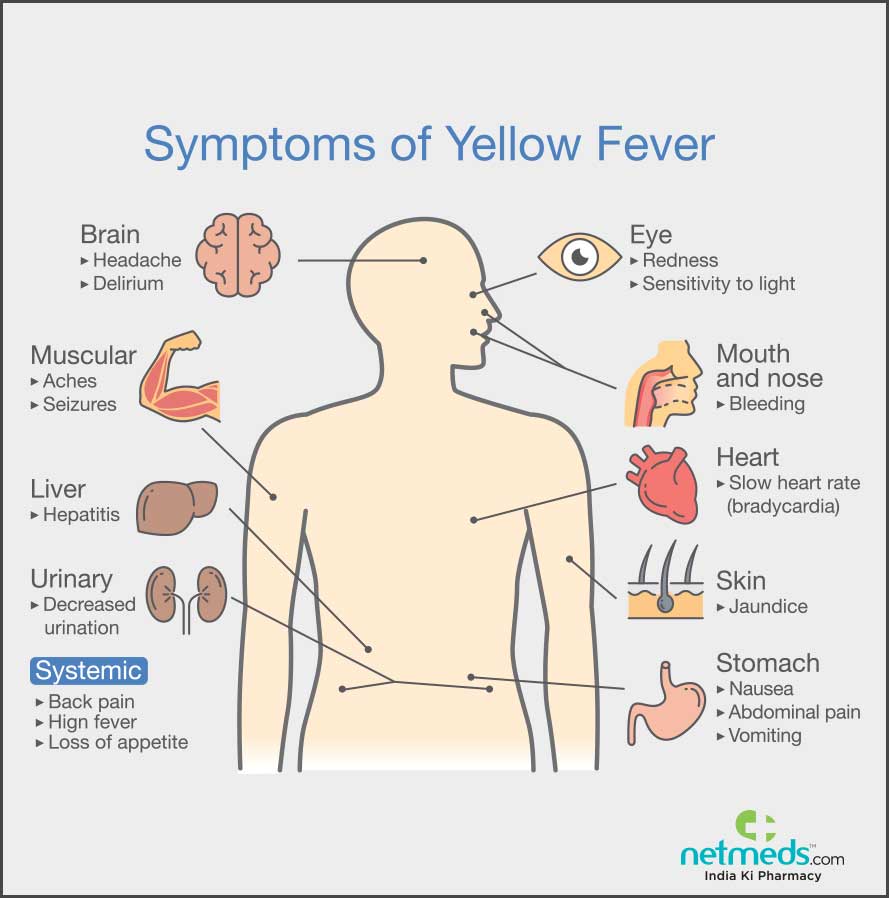
Yellow Fever
Yellow fever, another viral disease transmitted by infected Aedes aegypti mosquitoes, is yet another cause for concern. Symptoms such as fever, chills, muscle pains, and headaches may seem manageable at first, but in approximately 30,000 cases each year, yellow fever takes a deadly turn, claiming lives and leaving devastation in its wake. The jaundice that affects some patients gives the disease its name, serving as a grim reminder of the toll that mosquito-borne illnesses can exact on human health.
Chikungunya and Zika
And let’s not forget Chikungunya and Zika fever, two more additions to mosquitoes’ disease arsenal. Chikungunya, transmitted by infected Aedes aegypti mosquitoes, brings with it a slew of unpleasant symptoms, including fever, joint pain, headache, and rash, which can linger for weeks or even months in some cases. Meanwhile, Zika fever, caused by the Zika virus, may fly under the radar with its mild or even nonexistent symptoms in many cases, but the potential consequences—especially for pregnant women and their unborn children—can be nothing short of devastating.
Impact on Human Health
Mosquito-borne diseases take a heavy toll on human health, with millions of cases diagnosed each year and significant medical costs associated with treatment and prevention efforts. Malaria, one of the most prevalent mosquito-transmitted illnesses, affects over 247 million people annually worldwide.
Despite available treatments and a multi-dose vaccine, malaria parasites exhibit a concerning ability to develop resistance against anti-malarial compounds, posing challenges for effective disease management and control.
Dengue fever, endemic in 100 countries and linked to a staggering 390 million infections annually, presents another formidable health threat. While milder cases may resolve with symptomatic treatment, severe manifestations of dengue, sometimes dubbed “break bone fever” due to the intense pain it causes, can result in hospitalization and, in rare instances, death.
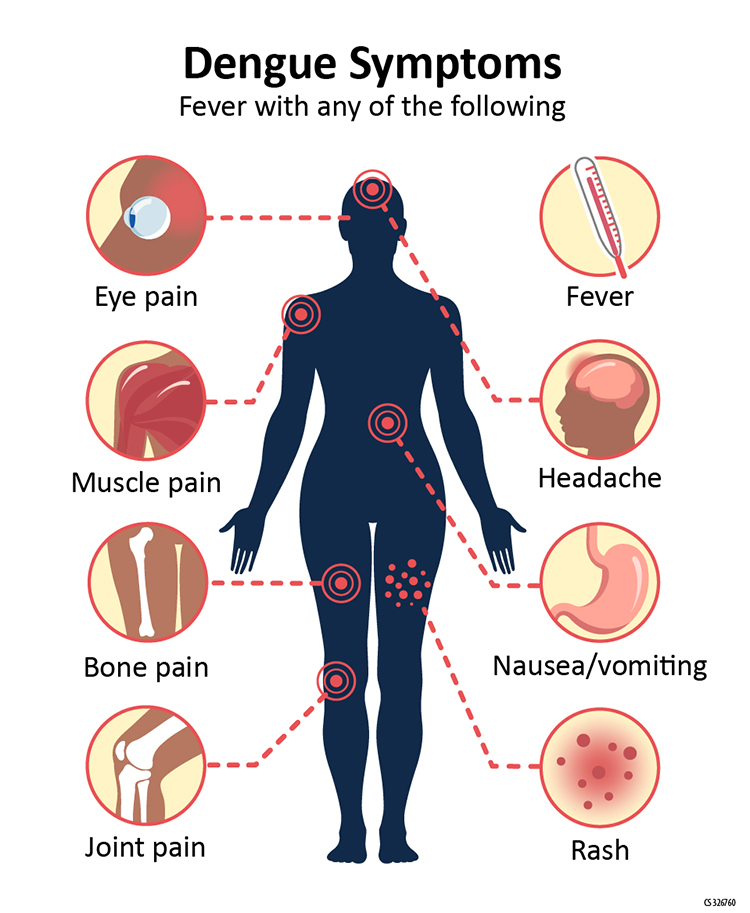
Yellow fever, characterized by symptoms like fever, muscle pain, and jaundice, remains a challenge to diagnose and manage, often masquerading as other diseases. Effective vaccines and supportive treatments exist, but outbreaks continue to threaten vulnerable populations, particularly in tropical regions of Africa and South America.
Chikungunya, once confined to regions in Africa, Asia, and Europe, has now spread to 110 countries, with over two million reported cases worldwide since 2005. The aggressive Aedes albopictus and Aedes aegypti mosquitoes serve as primary vectors, facilitating the virus’s geographic expansion.
No More Mosquitoes, A Lot of Troubles
The idea of eradicating mosquitoes might sound like a dream come true for many people, especially those who have endured itchy bites or suffered from mosquito-borne diseases. However, the implications of such an action extend far beyond the nuisance of swatting away these pesky insects. Before we contemplate eliminating mosquitoes altogether, it’s important to understand the ecological role they play and the potential consequences of their absence.
Mosquitoes in the Food Web
Believe it or not, mosquitoes are more than just bloodsuckers; they serve as vital components of various ecosystems, contributing to the intricate web of life. Mosquito larvae, ubiquitous inhabitants of ponds and other aquatic habitats, serve as a crucial food source for numerous freshwater predators. Dragonfly and damselfly nymphs, whirligig beetles, and water striders are just a few examples of aquatic insects that prey on mosquito larvae. Additionally, vertebrate predators, including fish like catfish and mosquitofish, amphibians like the spadefoot toad and the giant tree frog, and birds such as ducks, rely on adult mosquitoes as a food source.
Mosquitoes as Pollinators
Contrary to popular belief, mosquitoes play a role in pollination, albeit to a lesser extent than bees or butterflies. While feeding on flower nectar, mosquitoes inadvertently transfer pollen from flower to flower, facilitating plant reproduction. Although few plant species depend solely on mosquitoes for pollination, some wild orchids have evolved to rely on these insects as primary pollinators.
The Ecological Impact of Mosquito-Borne Diseases
Mosquito-borne diseases, while posing significant threats to human health, also influence ecosystems in various ways. Malaria, dengue fever, Zika virus, yellow fever, and chikungunya are among the diseases transmitted by mosquitoes, affecting millions of people worldwide. The eradication of disease-carrying mosquitoes could potentially save hundreds of thousands of lives annually. However, the absence of mosquitoes might disrupt the intricate balance of ecosystems, impacting species that depend on mosquitoes for food and pollination.
Human Health vs. Ecosystem Stability
The notion of eradicating mosquitoes raises complex ethical and ecological questions. While the removal of disease vectors could alleviate human suffering and mortality, it may also lead to unintended consequences for ecosystems. The interconnectedness of species within ecosystems highlights the importance of considering the broader ecological implications of mosquito eradication efforts.
In regions such as Alaska, the biomass of mosquitoes has been estimated to be as high as 96 million pounds. While the specific impact of mosquito-driven nutrient cycling on ecosystem functions remains largely unexplored, the sheer magnitude of biomass involved suggests its potential significance in sustaining ecosystem health and vitality.
Past Proposals of Eradication
Over the years, various biologists have put forward the controversial idea of deliberately eradicating certain mosquito species. One prominent advocate of this approach is biologist Olivia Judson, who has proposed what she terms “specicide” for thirty mosquito species. Her proposal involves introducing a genetic element capable of inserting itself into a crucial gene, thereby creating recessive “knockout genes” within mosquito populations.
Judson’s argument focuses on the potential benefits of targeting specific mosquito species, such as Anopheles and Aedes mosquitoes, which are responsible for transmitting diseases like malaria, dengue fever, yellow fever, elephantiasis, and Zika.
By eradicating these disease-carrying mosquitoes, Judson contends that at least one million human lives could be saved annually. She acknowledges concerns about reducing the genetic diversity of the Culicidae family by 1% but argues that the extinction of a few species would not irreparably harm ecosystems.
Similarly, biologist E. O. Wilson has advocated for the extinction of several mosquito species, including the malaria vector Anopheles gambiae. Wilson argues that since these mosquitoes have co-evolved with humans and pose significant health risks, their removal would be justifiable.
Insect ecologist Steven Juliano supports the idea of mosquito removal, highlighting that the potential downsides are minimal compared to the benefits. He suggests that any ecological disruptions resulting from mosquito eradication would be temporary and outweighed by the long-term advantages.
However, not all experts agree with the proposal. Some, like David Quammen, caution against the unintended consequences of mosquito eradication. Quammen points out that mosquitoes play a role in protecting forests from human exploitation and may serve as competitors for other insects. Additionally, he notes that while eliminating mosquito populations could eradicate diseases like malaria in the short term, allowing populations to rebound afterward could pose challenges.
Eradication or Not?
The question of what would happen if we completely extinguish mosquitoes is complex, with implications for both human health and ecosystem stability. While the eradication of mosquito-borne diseases would undoubtedly benefit public health, the ecological consequences of removing mosquitoes from ecosystems must be carefully considered.
By adopting integrated mosquito control strategies and promoting coexistence with mosquitoes, communities can mitigate the risks associated with mosquito-borne diseases while preserving the ecological functions of these important insects.



